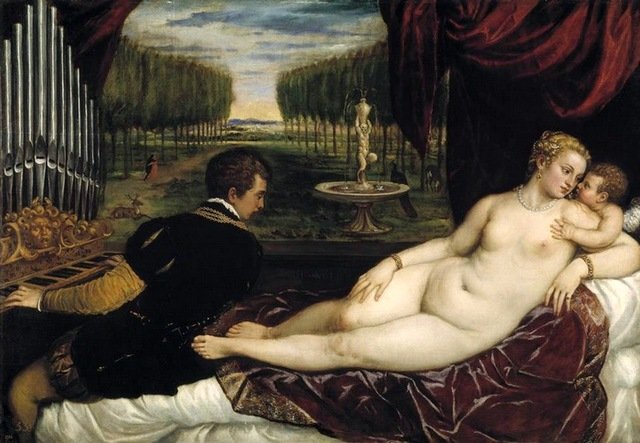
Sex positivity is a term frequently used in feminist circles. The center of its ideology is that consensual sex of all kinds is healthy and beneficial--it’s the idea that sex adds to an individual’s life, instead of detracting from it. Sex positive feminist Carol Queen puts it best:
It's a simple yet radical affirmation that we each grow our own passions on a different medium, that instead of having two or three or even half a dozen sexual orientations, we should be thinking in terms of millions. "Sex-positive" respects each of our unique sexual profiles, even as we acknowledge that some of us have been damaged by a culture that tries to eradicate sexual difference and possibility.
Sex positivity is not a new idea--in fact, when Victoria Woodhull ran for president all the way back in 1872, she advocated for free love. She famously stated, “I am a free lover. I have an inalienable, constitutional and natural right to love whom I may, to love as long or short a period as I can; to change that love every day if I please.”

But “sexual liberation--” the originator of sex positivity--didn’t appear until the 1920s, when Freud started discussing the balance between sexual repression versus sexual freedom. And it wasn’t until the 1960s when sexual liberation and sex positivity started entering counterculture.
The “free love” movement involved individuals having casual sex with as many (consensual) sex partners as they would like, without the bindings of marriage. At the time, having sex outside the bounds of legality was considered reprehensible and taboo. Free love was in-your-face sex, sex without bounds, sex that was meant to be an experience instead of an obligation, and a natural phenomenon that should be celebrated instead of shunned.
The free love movement also allowed room for experimentation. Though widely practiced behind closed doors, homosexual sex, BDSM, interracial sex, and other--at the time--”offensive” sex entered mainstream conversation. It was coupled with public displays of genitals, an embrace of contraceptive pills, and public discussions about pornography and abortion.

As these debates over sexuality entered the mainstream, corporate America took notice. Suddenly, sex became “commercialized.” Sex toy shops sprang into existence. In the advent of the Internet, eager denizens started to frequent porn hubs. While this led to differing sexual experiences for women of differing socio-economic statuses, the result, as a whole, for America came to a more accepting, more sexual culture.
But American culture is far from sex positive--there’s a long way to go. As Tracy Clark-Flory notes in Salon, the abundance of sex-related items does not necessarily lead to a more sexually accepting culture. Women who choose to have multiple partners are still called “slut .” Women still need a doctor’s permission to get a prescription for birth control, sodomy is still illegal in many states, and homosexuality continues to be the butt of Hollywood’s jokes and has a tremendous weight of legal issues preventing acceptance.

More?
Sex positivity is an umbrella that includes a whole lot more than what’s included in this article. What do you think about sex positivity? Do you consider yourself sex positive? Leave your thoughts in the comments below!
I am openly polyamorous and bisexual, and I am reclaiming the word slut in my account name. So yeah. Sex positive. :)
Love it!